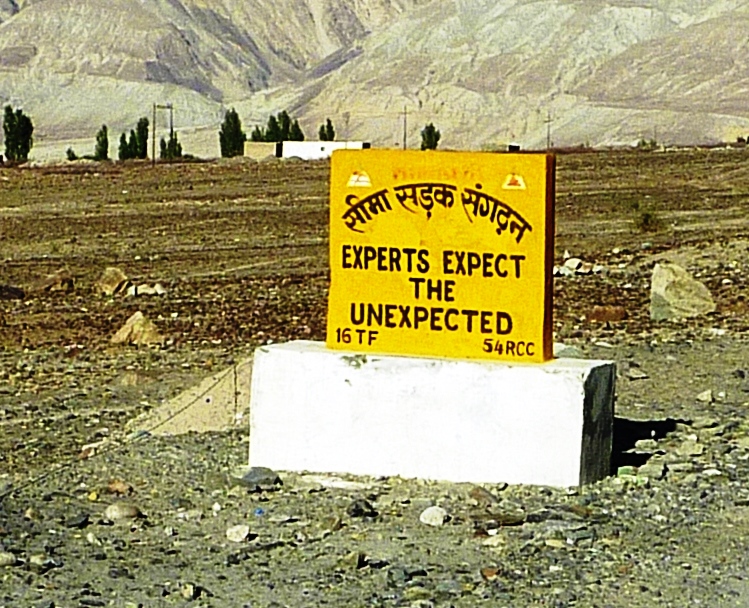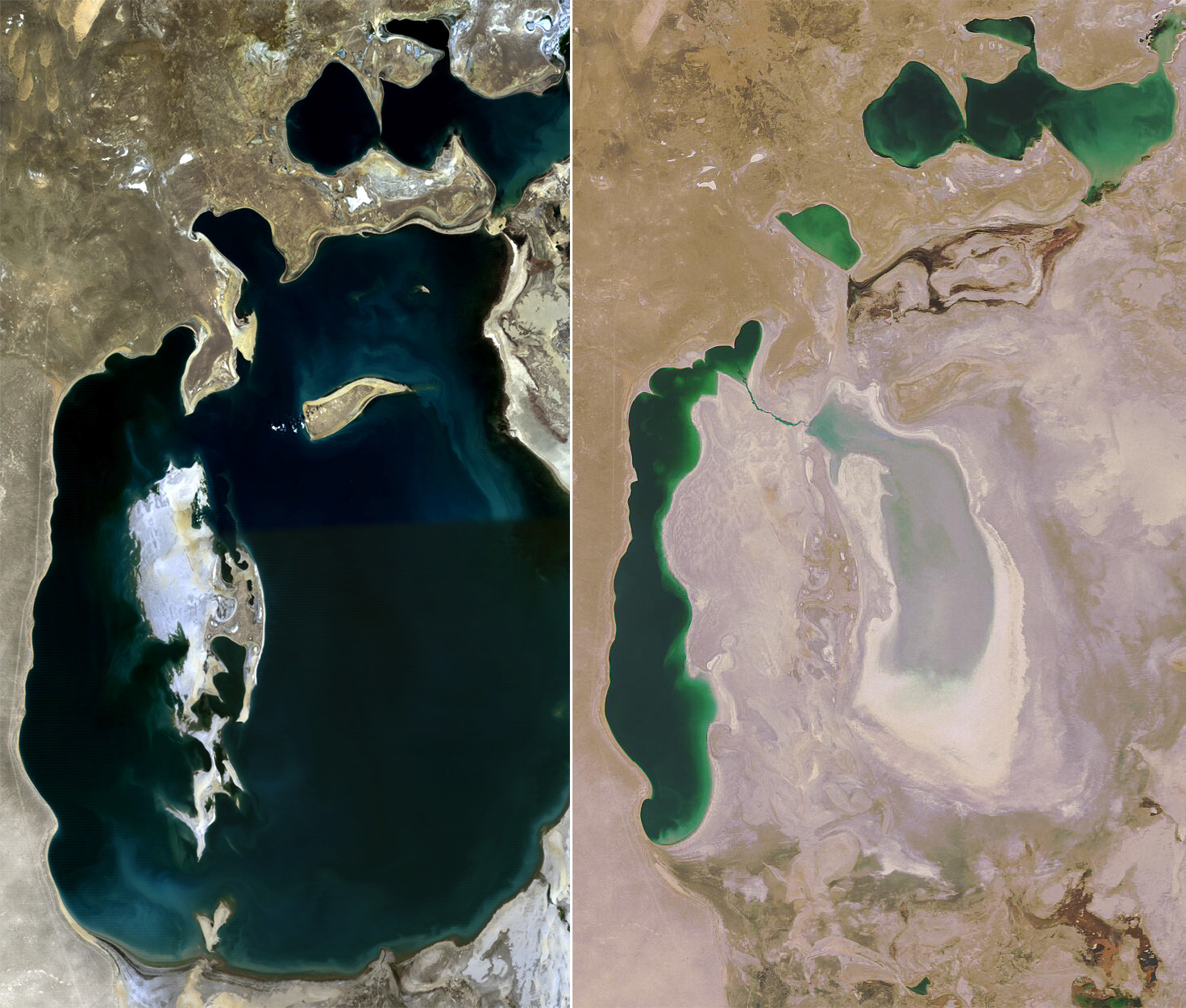|
Murray–Darling Basin Authority
The Murray–Darling Basin Authority (MDBA) is the principal government agency in charge of managing the Murray–Darling basin in an integrated and sustainable manner. The MDBA is an independent statutory agency that manages, in conjunction with the Basin states, the Murray–Darling basin's water resources in the national interest. The MDBA reports to the Australian Government Minister for the Environment and Water, held since June 2022 by the Hon Tanya Plibersek. The MDBA was established under the '' Water Act 2007 (Cth)'', which was introduced by the Howard Government as part of " A National Water Plan for Water Security". The ''Water Act 2007'' was a response to the drought and the potential effects of climate change in Australia. The law aimed to fulfill Australia's obligations under the Ramsar Convention on Wetlands. The 2007 Act was substantially amended in 2008. The Chief Executive of the MDBA is Phillip Glyde who replaced Dr Rhondda Dickson. The Chair of the MDBA is ... [...More Info...] [...Related Items...] OR: [Wikipedia] [Google] [Baidu] |
Canberra
Canberra ( ) is the capital city of Australia. Founded following the federation of the colonies of Australia as the seat of government for the new nation, it is Australia's largest inland city and the eighth-largest city overall. The city is located at the northern end of the Australian Capital Territory at the northern tip of the Australian Alps, the country's highest mountain range. As of June 2021, Canberra's estimated population was 453,558. The area chosen for the capital had been inhabited by Indigenous Australians for up to 21,000 years, with the principal group being the Ngunnawal people. European settlement commenced in the first half of the 19th century, as evidenced by surviving landmarks such as St John's Anglican Church and Blundells Cottage. On 1 January 1901, federation of the colonies of Australia was achieved. Following a long dispute over whether Sydney or Melbourne should be the national capital, a compromise was reached: the new capital would be buil ... [...More Info...] [...Related Items...] OR: [Wikipedia] [Google] [Baidu] |
Australian Broadcasting Corporation
The Australian Broadcasting Corporation (ABC) is the national broadcaster of Australia. It is principally funded by direct grants from the Australian Government and is administered by a government-appointed board. The ABC is a publicly-owned body that is politically independent and fully accountable, with its charter enshrined in legislation, the ''Australian Broadcasting Corporation Act 1983''. ABC Commercial, a profit-making division of the corporation, also helps to generate funding for content provision. The ABC was established as the Australian Broadcasting Commission on 1 July 1932 by an act of federal parliament. It effectively replaced the Australian Broadcasting Company, a private company established in 1924 to provide programming for A-class radio stations. The ABC was given statutory powers that reinforced its independence from the government and enhanced its news-gathering role. Modelled after the British Broadcasting Corporation (BBC), which is funded by a tel ... [...More Info...] [...Related Items...] OR: [Wikipedia] [Google] [Baidu] |
Expert
An expert is somebody who has a broad and deep understanding and competence in terms of knowledge, skill and experience through practice and education in a particular field. Informally, an expert is someone widely recognized as a reliable source of technique or skill whose faculty for judging or deciding rightly, justly, or wisely is accorded authority and status by peers or the public in a specific well-distinguished domain. An expert, more generally, is a person with extensive knowledge or ability based on research, experience, or occupation and in a particular area of study. Experts are called in for advice on their respective subject, but they do not always agree on the particulars of a field of study. An expert can be believed, by virtue of credentials, training, education, profession, publication or experience, to have special knowledge of a subject beyond that of the average person, sufficient that others may officially (and legally) rely upon the individual's opin ... [...More Info...] [...Related Items...] OR: [Wikipedia] [Google] [Baidu] |
Siobhán McHugh
Siobhán McHugh is an Irish-Australian author, podcast producer and critic, oral historian, audio documentary-maker and journalism academic. In 2013 she founded ''RadioDoc Review'', the first journal of critical analysis of crafted audio storytelling podcasts and features, for which she received an academic research award. She iAssociate Professor of Journalism(honorary) at the University of Wollongong (UOW). anAssociate Professor of Media and Communications(honorary) at the University of Sydney. Her latest bookThe Power of Podcasting telling stories through sound, was published by NewSouth Books in February 2022. US editionwith Columbia University Press is due October 2022. Biography McHugh was born in Dublin, the second of six children, and graduated from University College Dublin with a Bachelor of Science. She was appointed a radio producer at RTE (Raidió Teilifís Éireann), the Irish state broadcaster, in 1981. In 1985, she moved to Australia, to work at the Australian Broa ... [...More Info...] [...Related Items...] OR: [Wikipedia] [Google] [Baidu] |
Environmental Management
Environmental resource management is the management of the interaction and impact of human societies on the environment. It is not, as the phrase might suggest, the management of the environment itself. Environmental resources management aims to ensure that ecosystem services are protected and maintained for future human generations, and also maintain ecosystem integrity through considering ethical, economic, and scientific (ecological) variables. Environmental resource management tries to identify factors affected by conflicts that rise between meeting needs and protecting resources. It is thus linked to environmental protection, sustainability, integrated landscape management, natural resource management, fisheries management, forest management, and wildlife management, and others. Significance Environmental resource management is an issue of increasing concern, as reflected in its prevalence in several texts influencing global sociopolitical frameworks such as the Brundtlan ... [...More Info...] [...Related Items...] OR: [Wikipedia] [Google] [Baidu] |
Freshwater Ecosystem
Freshwater ecosystems are a subset of Earth's aquatic ecosystems. They include lakes, ponds, rivers, streams, springs, bogs, and wetlands. They can be contrasted with marine ecosystems, which have a larger salt content. Freshwater habitats can be classified by different factors, including temperature, light penetration, nutrients, and vegetation. There are three basic types of freshwater ecosystems: Lentic (slow moving water, including pools, ponds, and lakes), lotic (faster moving water, for example streams and rivers) and wetlands (areas where the soil is saturated or inundated for at least part of the time). Freshwater ecosystems contain 41% of the world's known fish species. Freshwater ecosystems have undergone substantial transformations over time, which has impacted various characteristics of the ecosystems. Original attempts to understand and monitor freshwater ecosystems were spurred on by threats to human health (for example cholera outbreaks due to sewage contamination). ... [...More Info...] [...Related Items...] OR: [Wikipedia] [Google] [Baidu] |
Water Supply And Sanitation In Australia
Water (chemical formula ) is an inorganic, transparent, tasteless, odorless, and nearly colorless chemical substance, which is the main constituent of Earth's hydrosphere and the fluids of all known living organisms (in which it acts as a solvent). It is vital for all known forms of life, despite not providing food, energy or organic micronutrients. Its chemical formula, H2O, indicates that each of its molecules contains one oxygen and two hydrogen atoms, connected by covalent bonds. The hydrogen atoms are attached to the oxygen atom at an angle of 104.45°. "Water" is also the name of the liquid state of H2O at standard temperature and pressure. A number of natural states of water exist. It forms precipitation in the form of rain and aerosols in the form of fog. Clouds consist of suspended droplets of water and ice, its solid state. When finely divided, crystalline ice may precipitate in the form of snow. The gaseous state of water is steam or water vapor. Water covers ab ... [...More Info...] [...Related Items...] OR: [Wikipedia] [Google] [Baidu] |
Water Right
Water right in water law refers to the right of a user to use water from a water source, e.g., a river, stream, pond or source of groundwater. In areas with plentiful water and few users, such systems are generally not complicated or contentious. In other areas, especially arid areas where irrigation is practiced, such systems are often the source of conflict, both legal and physical. Some systems treat surface water and ground water in the same manner, while others use different principles for each. Types of water right Understanding ‘Water Rights’ first requires consideration of the context and origin of the ‘right’ being discussed, or asserted. Traditionally, a water rights refers to the utilization of water as an element supporting basic human needs like drinking or irrigation. Water Rights could also include the physical occupancy of waterways for purposes of travel, commerce and even recreational pursuits. The legal principles and doctrines that forms the basis o ... [...More Info...] [...Related Items...] OR: [Wikipedia] [Google] [Baidu] |
Integrated Catchment Management
Integrated catchment management (ICM) is a subset of environmental planning which approaches sustainable resource management from a catchment perspective, in contrast to a piecemeal approach that artificially separates land management from water management. Integrated catchment management recognizes the existence of ecosystems and their role in supporting flora and fauna, providing services to human societies, and regulating the human environment. Integrated catchment management seeks to take into account complex relationships within those ecosystems: between flora and fauna, between geology, between soils and the biosphere, and between the biosphere and the atmosphere. Integrated catchment management recognizes the cyclic nature of processes within an ecosystem, and values scientific and technical information for understanding and analysing the natural world.Manaaki Whenua Conference 1999 ProceedingsIntegrated catchment management rediscovered: an essential tool for a new millenn ... [...More Info...] [...Related Items...] OR: [Wikipedia] [Google] [Baidu] |
Environmental Planning
Environmental planning is the process of facilitating decision making to carry out land development with the consideration given to the natural environment, social, political, economic and governance factors and provides a holistic framework to achieve sustainable outcomes. A major goal of environmental planning is to create sustainable communities, which aim to conserve and protect undeveloped land. Elements Environmental planning concerns itself with the decision making processes where they are required for managing relationships that exist within and between natural systems and human systems. Environmental planning endeavors to manage these processes in an effective, orderly, transparent and equitable manner for the benefit of all constituents within such systems for the present and for the future. Present day environmental planning practices are the result of continuous refinement and expansion of the scope of such decision making processes. Some of the main elements of pr ... [...More Info...] [...Related Items...] OR: [Wikipedia] [Google] [Baidu] |
Intergovernmentalism
In international relations, intergovernmentalism treats states (and national governments in particular) as the primary actors in the integration process. Intergovernmentalist approaches claim to be able to explain both periods of radical change in the European Union because of converging governmental preferences and periods of inertia because of diverging national interests. Intergovernmentalism is distinguishable from realism and neorealism because it recognized the significance of institutionalisation in international politics and the impact of domestic politics upon governmental preferences. Regional integration European integration The best-known example of regional integration is the European Union (EU), an economic and political intergovernmental organisation of 27 member states, all in Europe. The EU operates through a system of supranational independent institutions and intergovernmental negotiated decisions by the member states. Institutions of the EU include the Europ ... [...More Info...] [...Related Items...] OR: [Wikipedia] [Google] [Baidu] |






